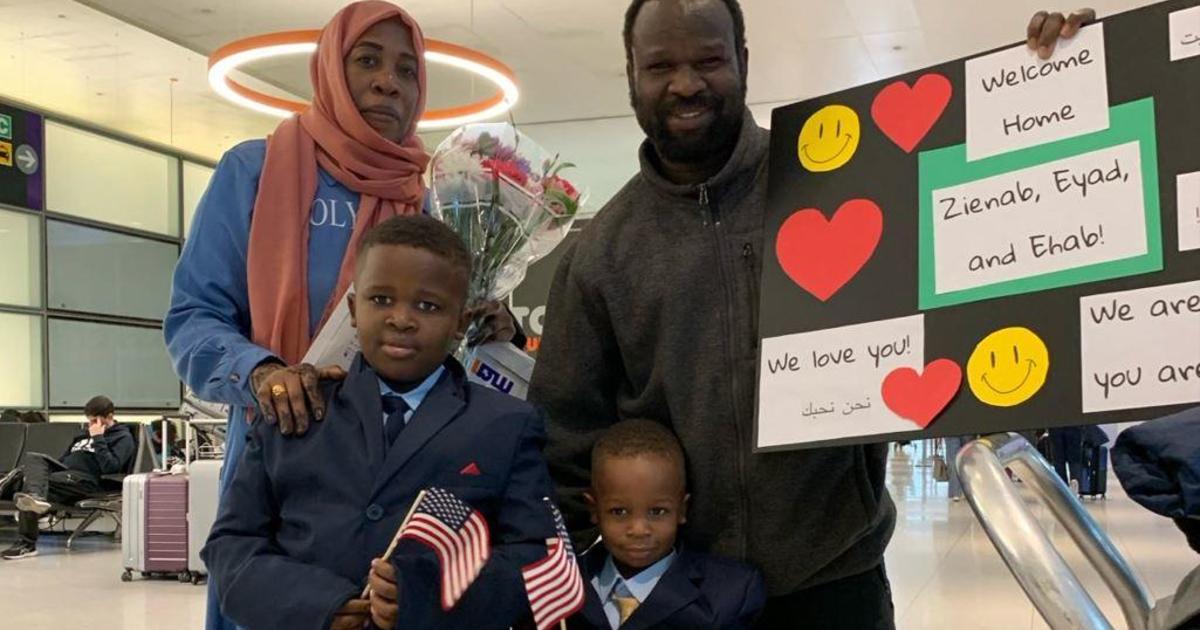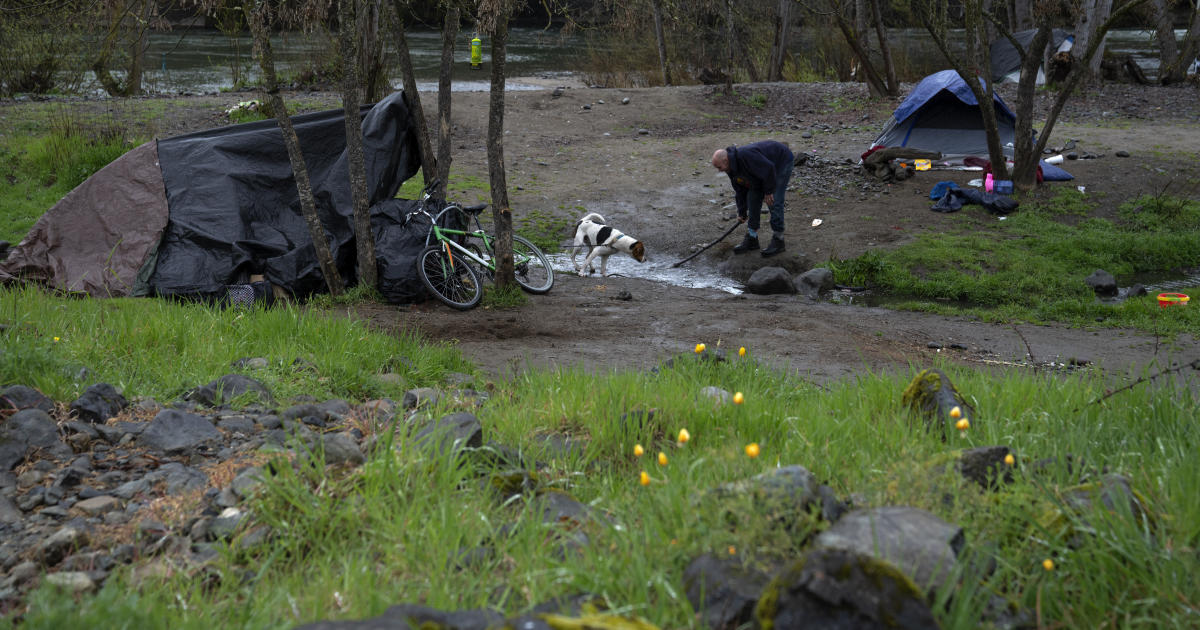Supreme Court's DACA decision could "destroy and erase everything," recipient says
Not a day goes by that 31-year-old Min Ku Choi doesn't worry about his immigration status. He's one of nearly 700,000 undocumented immigrants in the United States whose futures hinge on the Supreme Court's decision on the Trump administration's effort to end the Deferred Action for Childhood Arrivals program.
"I don't want to be living in constant fear," Choi said. "It really dictates the fate of my life and my future."
He told CBS News correspondent Carter Evans he can't imagine life outside the United States. "This is where my life is. This is where my job, my friends, my family is," he said.
DACA prevents undocumented immigrants brought to the United States as children from being deported and allows them to move around, work and pay taxes.
"It doesn't grant you any sort of legal status. It's sort of a temporary immunity so to speak," Choi said.
University of California President Janet Napolitano implemented DACA in 2012 when she served as Homeland Security secretary under President Barack Obama. "When a young person is raised in this country, our country has already invested in that young person," Napolitano said. "They've gone to our schools. … They're going to our universities and colleges. … They represent a population that our country should want to have among its citizenry."
Choi is a UC student working to become a pharmacist, currently doing part of his clinical rotation at a children's hospital in central California. He came to the United States from South Korea with his family when he was 15 years old. His parents and younger sister became legal U.S. residents, but during the family's green card application process, Choi became ineligible because he turned 21.
His fate is now in the hands of the Supreme Court, which will have to decide if President Trump's action to rescind DACA is valid. When the president announced his plans in 2017, he said in a statement, "I do not favor punishing children … But we must also recognize that … we are a nation of laws."
The Trump administration argues Obama overstepped his authority when he created DACA by executive action.
"I think the president does gets a lot of discretion to rescind previous executive action," said Ilya Shapiro, the director of the Robert A. Levy Center for Constitutional Studies at the Cato Institute, who wrote a brief for the court. "Remember this is not a law that he's rescinding, it's not even a regulation."
"I'm a supporter of DACA, of the DREAM act, of Congress passing legislation to provide lawful status and other benefits to people who are brought here illegally as children but the president can't do that by himself," Shapiro said.
But Napolitano said that's "just flat-out wrong."
"The executive has to set priorities. And the executive has to have the authority to establish programs like DACA," she said.
The UC system, home to roughly 1,700 DACA recipients, plans to present that argument to the Supreme Court. Napolitano, who set records for the number of people she deported while serving under Obama, is leading the effort.
"There are some who say … you are the reason President Obama was called 'The Deporter-in-Chief,'" Evans said.
"The numbers are what the numbers are. I think the question is, 'Well, who was in the numbers?'" Napolitano said.
Choi said he worries about getting deported. "If DACA is rescinded ... then everything will be stripped away," he said. "This could be your neighbor. This could be your friends … and it's impacting their lives and my life … to the point where it can destroy and erase everything."
The Supreme Court is expected to rule by the end of June, around the same time Choi graduates.



